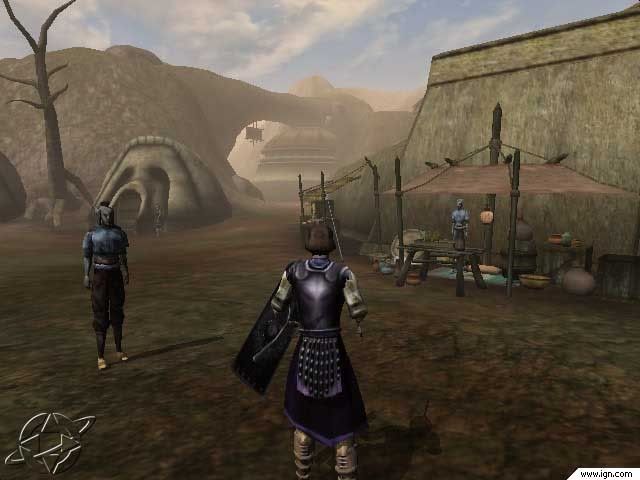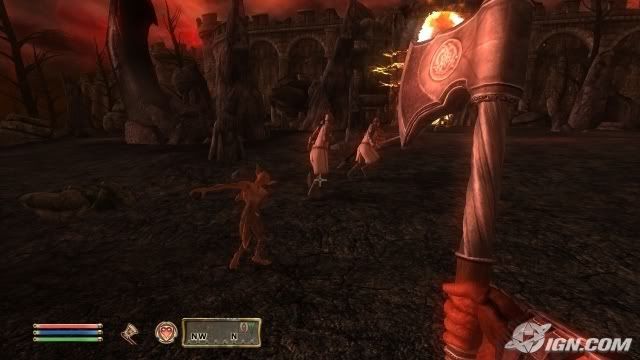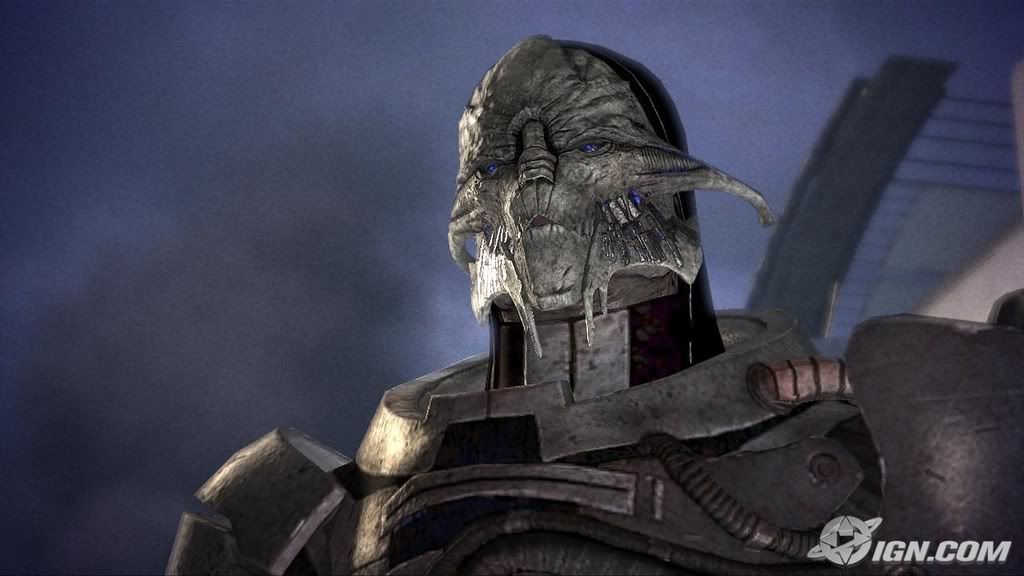Casual. You have no doubt heard that word alot if you have been on System Wars for any amount of time, and, as such, you probably know that many gamers feel as if casual games and the people that play them are a danger to gaming as whole.
Through this thread, I hope to inform the uninformed, guide the misguided, and discuss that which simply hasn't been discussed enough.
Casual Gaming: Legitimate threat or elitist paranoia?
Let's start by looking at what people think they mean when they use the word "casual". In many cases, the term is applied to software that is easy to use, simple to understand, and fun for the whole family (I refute the legitimacy of this phrase, in the tradition of Seinfeld).
Often times, the term casual is used as an attack on the Wii and its library, due to the nature of a great deal of the software on that system.
This form of discussion with regard to casual gaming is, usually, about as far as most people try and take the concept as a whole, and, that is, in my estimation, an extreme mis-treatment and twisting of a fairly legitimate argument, and serves only to undermine the fight against casualisation as a whole.
You see, whilst it may be true that the Wii certainly has a great deal of casual games (many of which are garbage) to sugest that the Wii is the problem is ignorance in its finest form.
The casual gaming problem extends to almost all major gaming genres, and is practically an issue on all plaforms.
Allow me to provide an example of the problem of casual gaming:

Morrowind was a excellent. RPG. Bethesda decided that they needed to reach a larger audience, so they noobified the bejeesus out of the Elder Scrolls formula, and...

Oblivion (a game that was at best a major dissapointment) was born.
This example is only one of many, and represents an enormous problem in gaming.
Devs, it seems, are being forced to choose between making games that hardcore, longtime fans of their respective series' will enjoy, or making games that will sell well to a larger audience, and thusly, net them the capital to create the next game, which, almost without exception, will be more causal than its predecessor.
The majority of gamers seem to want simplistic mechanics, non-complex skill trees, easy puzzles, and, most of all, a complete sense of direction in every single game they play.
It seems as though the days of games that don't hold the player's hand are rapidly approaching an end.
Today's primary gaming audience is too damn lazy to go find Caius Cosades; today's gaming audience would have no idea what to do with themselves after leaving Vault 13; today's gaming audience would never get past the first door that required a code in System Shock 2, simply because they cannot understand the concept of a door that isn't opened with a keycard or a automatically entered passcode.
Bethesda decided that today's gamer is too impatient to walk, so most of the traveling in Oblivion is done by clicking on a cave and then watching a loading screen.
2K Boston believed (correctly, I suspect ) that the average gamer these days is too thick headed to discover their own way around Rapture, so they included a ****ing enormous Crazy Taxi type arrow so that the modern gamer would not get lost in that extra room, due to their almost operantly conditioned levels of linear thinking.
Bioware decided that Mass Effect would be better off with shallow real time combat than a legitimate system worth of such a grand and engrossing universe and story. Something tells me this had more to do with appealing to a wider market than anything else.

To answer the OP, yes, casual gaming/"noobification", is a legitimate threat, that is by no means exclusively a Wii problem.
All of gaming is in trouble. Games like Fallout, System Shock 2, and yes, even Morrowind, are all in danger of becoming extinct.
And ladies and gentlemen, guess what? The problem isn't with the developers. They are just doing what they can to make money. The real problem lies with us, the gamers.
Where are the rallying cries of support for indie devs who are working on new RPGS inspired by games like Planescape: Torment?
Where is the hype for games like STALKER: Clear Sky (the prequel to an FPS/Hybrid that didn't sacrifice anything)?
Why do games like Oblivion get perfect and close to perfect scores from gaming sites and magazines?
Why isn't Fallout 3 an isometric turn based RPG with excellent HD graphics?
These questions all have a simple, if sad, answer: gaming has become a largely casual affair.
The "hardcore" games (particularly RPGS) that were once common place will soon come only from indie developers, and will be only be available on PC.
But who knows? If the online gaming community really voices their opinions on this matter, and supports games that don't sacrifice complexity for sales, then perhaps games like Fallout will be mainstream once more.
But until then, I suppose we'll just have to get used to hack and slash RPGS, crazy taxi arrows, and having our hands held.
Log in to comment